Recent reports from Cambridgeshire shed light on a new perspective regarding the role of artificial intelligence (AI) in the workforce. Contrary to fears of job displacement, one organization asserts that AI should not be seen as a substitute for human labor but rather as a valuable assistant, capable of enhancing the careers of manual workers.
The Institute of Public Policy Research (IPPR) highlights the potential impact of AI on employment, estimating that up to 8 million workers in the UK could face job losses due to automation. However, a company in Cambridgeshire challenges this narrative, emphasizing that AI has the potential to streamline daily tasks, making them more efficient and safer for workers.
According to the organization, AI should be approached with caution and used primarily to augment human capabilities, particularly in physically demanding jobs. By leveraging AI technology, workers can mitigate the risk of physical harm associated with tasks that require manual labor.
For example, the automotive industry often involves strenuous tasks that can lead to musculoskeletal issues among workers. In response, companies like German Autoworks of Kimbolton are pioneering the use of AI to address these challenges. By capturing images and footage of technicians performing daily tasks, AI algorithms analyze movement patterns and identify potential areas of strain on the body.
Armed with this information, companies can develop exoskeletons or specialized clothing designed to reduce physical stress on workers during their tasks. This innovative approach not only enhances workplace safety but also extends the longevity of careers by minimizing the risk of occupational injuries.
As industries continue to embrace AI technology, the emphasis shifts from displacement to empowerment, with AI serving as a valuable ally in enhancing human productivity and well-being in the workplace. Through strategic integration and thoughtful implementation, AI has the potential to revolutionize workforce dynamics, ushering in a new era of collaboration between humans and machines.



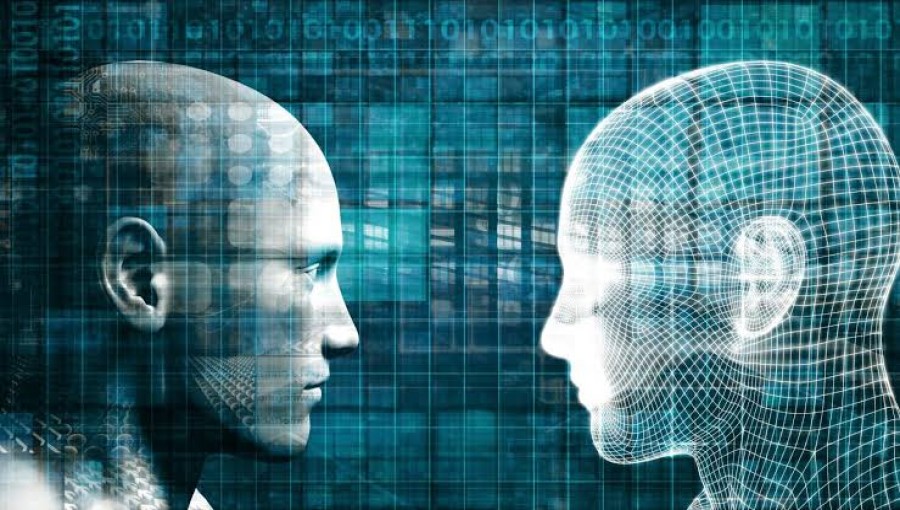
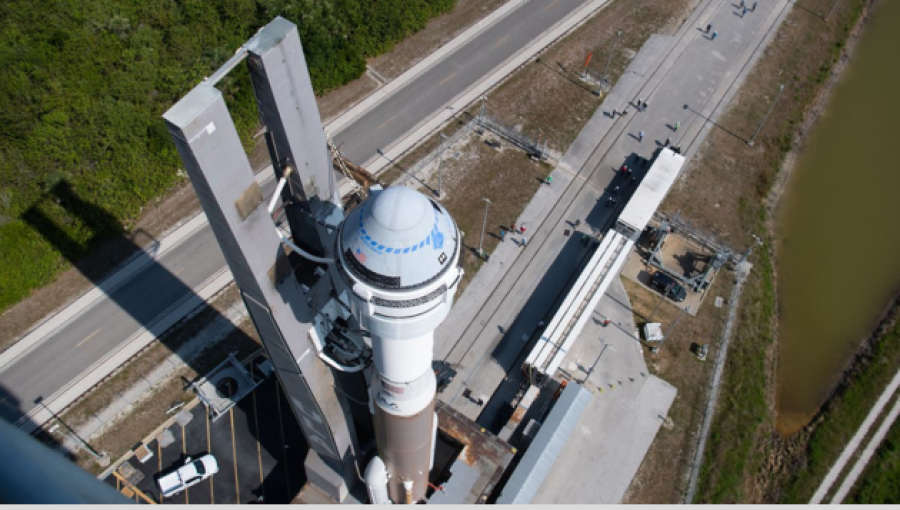
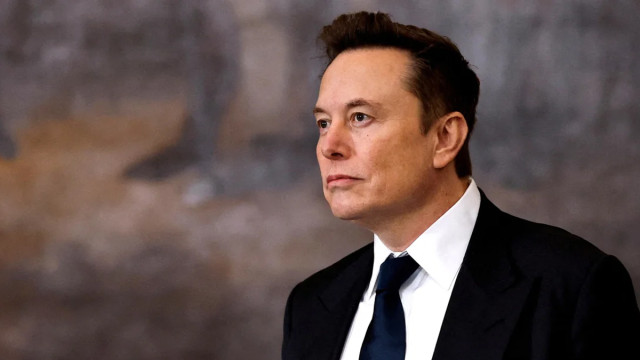


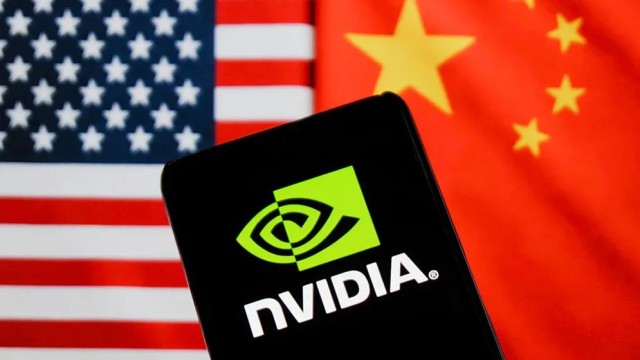
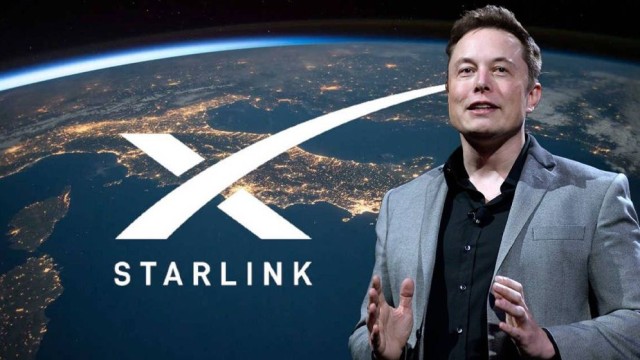

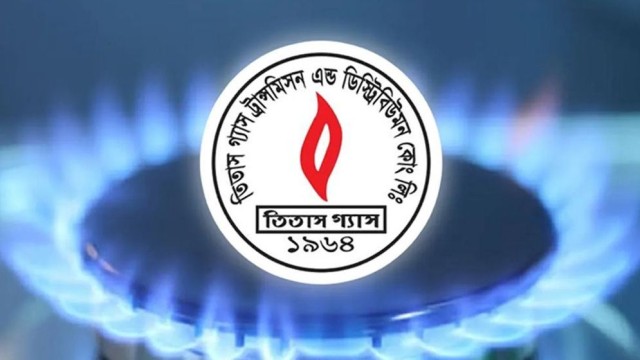
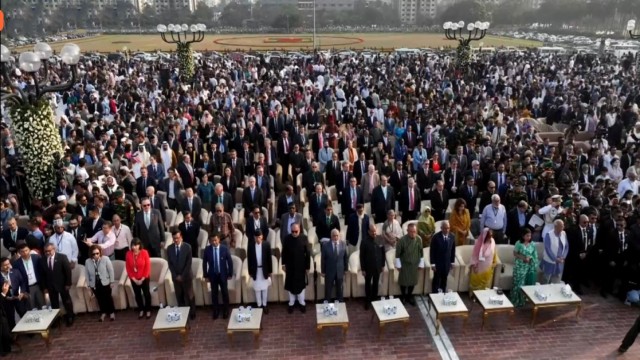


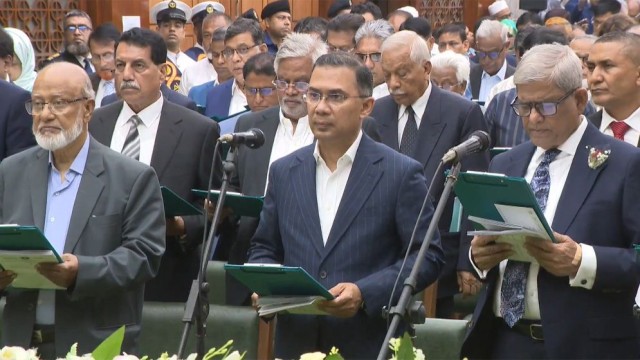
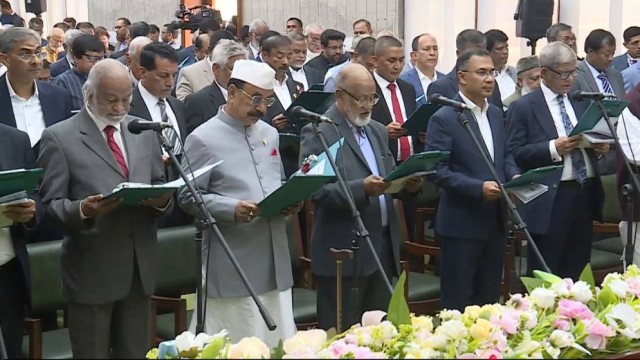
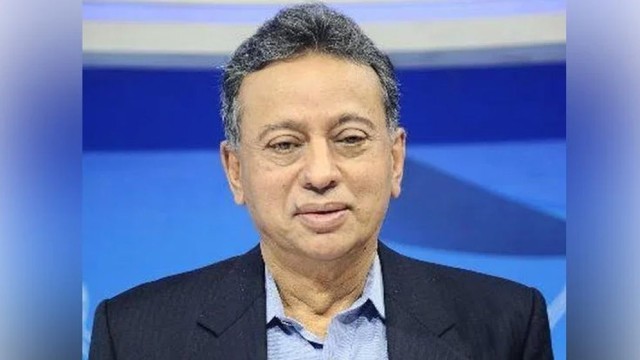













Comment: